More blog posts
View all blog postsCellular Routers
What is a Cellular Router?
Updated on December 4, 2025
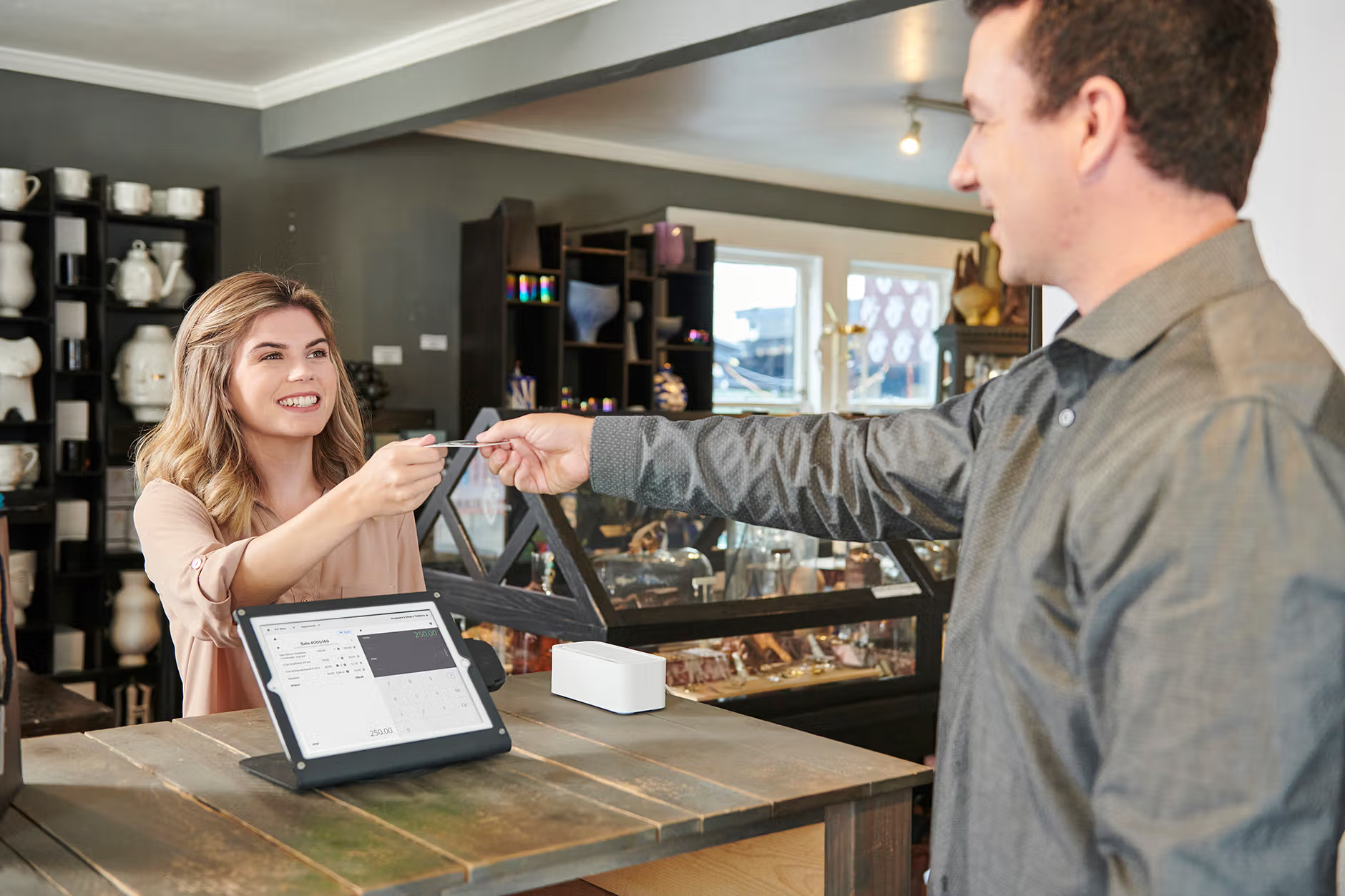
Cellular routers empower rural and mobile operations
Cellular routers are a type of router that uses cellular towers to provide internet access. They are an ideal solution for businesses, homes, and other locations that don't have access to wired internet services, such as cable or fiber.
This makes cellular routers an invaluable tool for businesses and individuals operating in rural or remote areas or staying connected while on the go. They offer several key features that make them a great option for mobile computing and communication:
- Gigabit-speed connectivity: Cellular routers provide fast, reliable connections with speeds up to 5G & 4G LTE, allowing easy access to streaming services and online applications.
- Portability: Cellular routers are lightweight, compact devices that are easy to carry and set up.
- Security: Cellular routers offer advanced security features, including WPA2 encryption and VPN support, which keeps data and transactions secure.
- Long battery life: Many cellular routers come with long battery lives, allowing users to stay connected for extended periods.
- Compatibility: Cellular routers are compatible with most devices, including laptops, tablets, and smartphones.
- Flexibility: Cellular routers usually come with multiple SIM slots, allowing users to have more than one cellular data plan to help ensure they always have the best connectivity, regardless of location.
- Failover: Cellular routers typically have built-in failover capabilities that allow them to automatically switch from their primary connection source to a secondary source, such as a mobile data connection, in the event of an outage, minimizing network disruption.
Multi-user access anywhere
A cellular router works by connecting to a cell tower and using it to provide an internet connection to a local network. It receives the wireless signal from the tower and then converts it into a wired signal that is then sent to the local network. The router then uses the local network as a gateway to access the internet.
The router also allows multiple devices to connect to the internet simultaneously. This means that multiple users can access the internet at the same time. The router can also be used to set up a secure connection so that only approved users can access the internet.
Different types enable different use cases
Broadly speaking, there are two types of cellular routers, each of which is better suited for certain use cases. They are:
- Fixed cellular routers: These are the most common type of cellular routers and are designed to remain in one place. These routers are typically used in corporate networks or in areas where there are limited connectivity options and a reliable internet connection is needed.
- Mobile cellular routers: These are designed to be portable and are often used in vehicles or boats. These routers are normally used to provide a reliable connection for people on the go.
Cellular routers enhance key use cases across verticals
Cellular routers are revolutionizing connectivity across industries, offering wireless data access over cellular networks with minimal infrastructure requirements. While traditional wired networks remain common, cellular routers are gaining popularity for their ability to deliver internet access almost anywhere, transforming operations in various sectors. By leveraging cellular towers, they provide extensive coverage, making them ideal for specific use cases:
- Retail: Cellular routers enhance retail operations by enabling swift and efficient transaction processing at point-of-sale systems, especially in remote or pop-up locations. They provide critical connectivity, allowing retailers to set up temporary shops or kiosks without having to wait for wired connection infrastructure to be set up.
- Healthcare: In healthcare, cellular routers offer secure, reliable, and high-speed data access, essential for medical devices and patient monitoring systems. They facilitate telemedicine services by allowing healthcare professionals to remotely access patient data and conduct virtual consultations. Furthermore, cellular routers ensure connectivity in mobile clinics and during emergency response efforts, enhancing the delivery of healthcare services in underserved areas.
- Transportation: Cellular routers are integral to transportation systems, providing real-time data transmission and GPS tracking for vehicles in transit. They enable fleet management solutions, allowing operators to monitor vehicle performance, optimize routes, and improve fuel efficiency. Additionally, cellular connectivity supports passenger Wi-Fi services, enhancing the travel experience in public transport and commercial vehicles
- Manufacturing: In manufacturing, cellular routers ensure secure and reliable access to industrial automation and production line systems. They facilitate data exchange between machinery and control systems, supporting predictive maintenance and remote troubleshooting. This connectivity allows for scalability and agility, enabling manufacturers to adapt quickly to changes in production demands and maintain operational efficiency across locations.
- Security: Cellular routers are vital components of modern security systems, providing connectivity for wireless cameras and location monitoring devices. They offer real-time monitoring and data access, enabling security personnel to respond swiftly to incidents. Cellular routers also ensure the integrity of surveillance systems by maintaining connectivity even in locations with limited wired infrastructure or during power outages.
- Telecommunications: In telecommunications, cellular routers provide wireless access, allowing customers to connect to data and services remotely. They serve as an excellent backup for established wired connections, ensuring continuity in case of network failures. Cellular routers also support the deployment of temporary networks during events or in rapidly changing environments, ensuring consistent and reliable communication services.
Inseego routers and outdoor cellular antennas deliver reliable access anywhere
Our cellular routers are an ideal solution for businesses, homes, and other locations that don’t have access to wired internet services. Inseego provides a wide range of high-performance 5G cellular routers for indoor use and outdoor cellular antennas for outdoor use.
Our FX3100 indoor cellular router and the FW3000 outdoor cellular antenna are particularly noteworthy, providing enhanced connectivity and flexibility for diverse environments. With features such as Wi-Fi 6, dual-SIM card slots, ethernet ports, power over ethernet (PoE), internal/external antennas, and MIMO, our newest router and cellular antenna offer increased connectivity options for a multitude of situations.
Learn more about our FX3100 indoor cellular routerAdditionally, our routers are certified by major carriers and come with a variety of features and functionalities, including VPN and cloud-management software.
Learn more about Inseego ConnectWith our routers, your business can enjoy a high-performance, secure, and reliable internet connection no matter where it is located. Get in touch if you’d like to learn more.
Talk to our experts!
Set your customers or business up with the fastest, easiest, most reliable fixed wireless solutions.
Do you currently have a failover solution?
What are you using for failover?
Cellular provides a superior failover option compared to cable
Cellular provides a superior failover option compared to fiber
Cellular provides a superior failover option compared to satellite
Are you interested in using cellular for failover instead?
Cellular is an ideal failover solution for businesses
Are you interested in using cellular as failover for your business?
Besides failover, are you interested in using cellular for flexible or temporary internet?
Even if temporary internet isn’t a focus, would you be interested in using cellular for cost-effective scalability?
Here's some resources
Here's the solution for failover!
Here's a cost-effective solution!
Here's the solution for temporary internet!
What are your details?
How can we contact you?

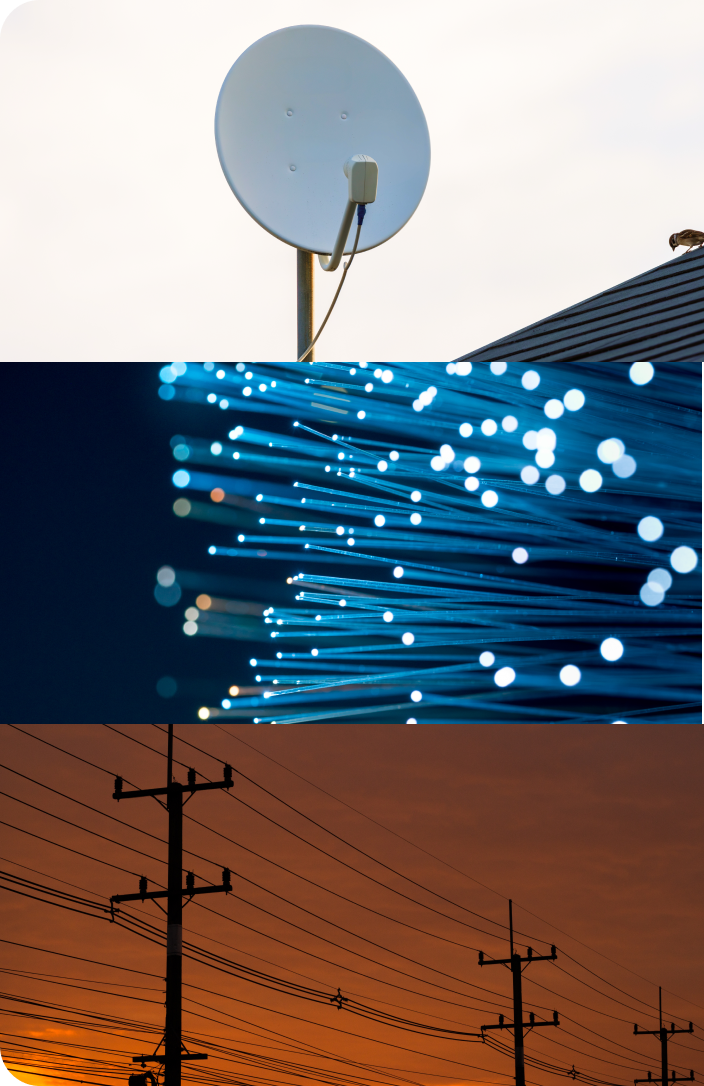


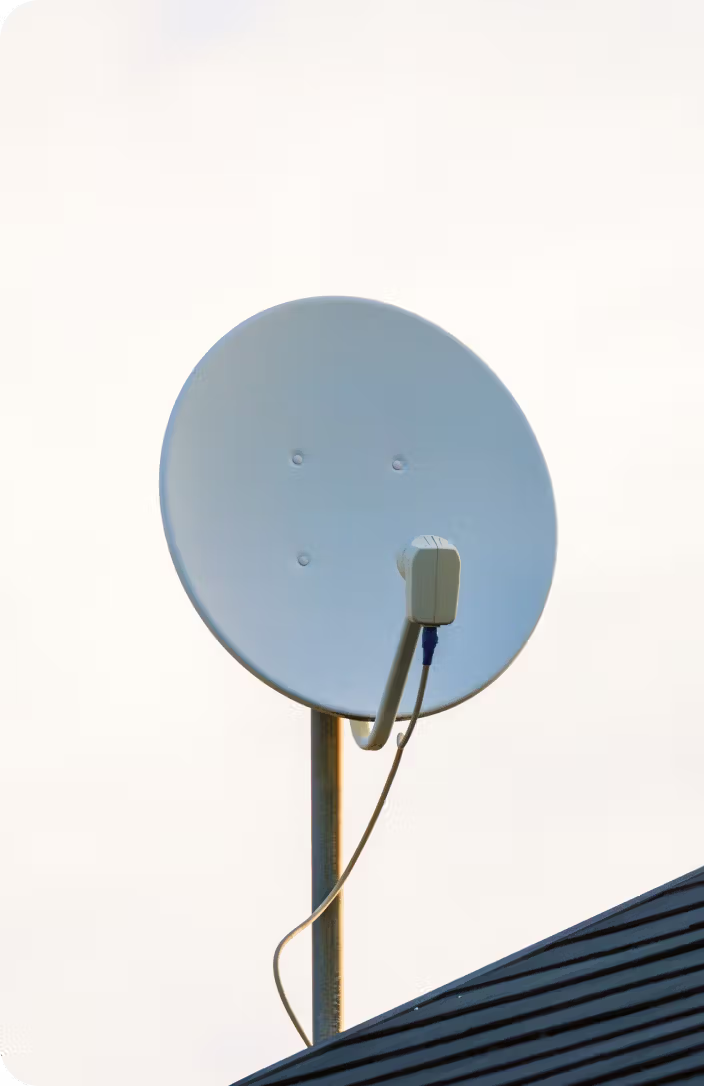






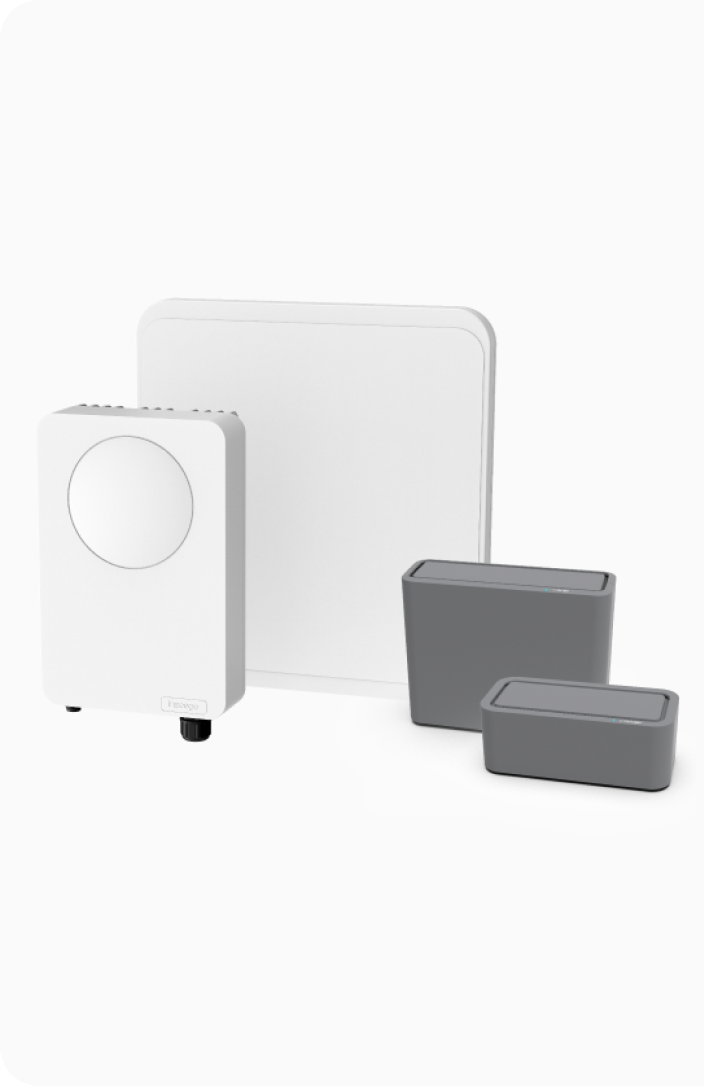

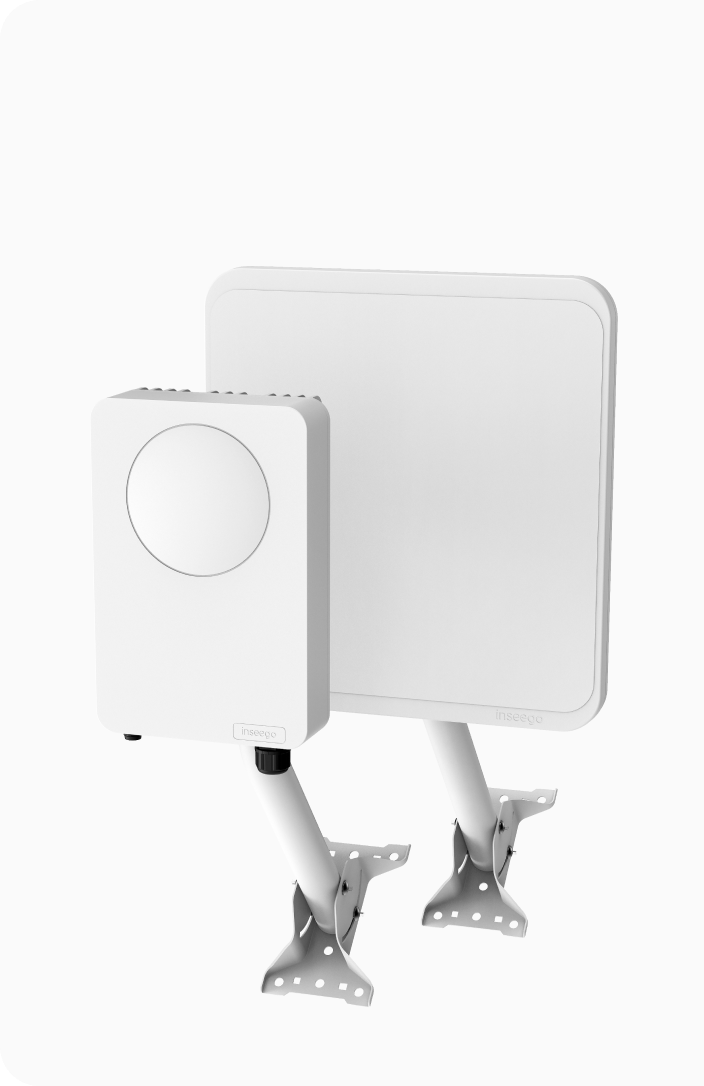

Did you know?
Our hugely experienced team are located across the USA.
We’ll connect you with the Inseego team member nearest to you.
What happens next?
We aim to contact you via email within 1 business day to arrange a suitable to time for a detailed discussion of your needs.
